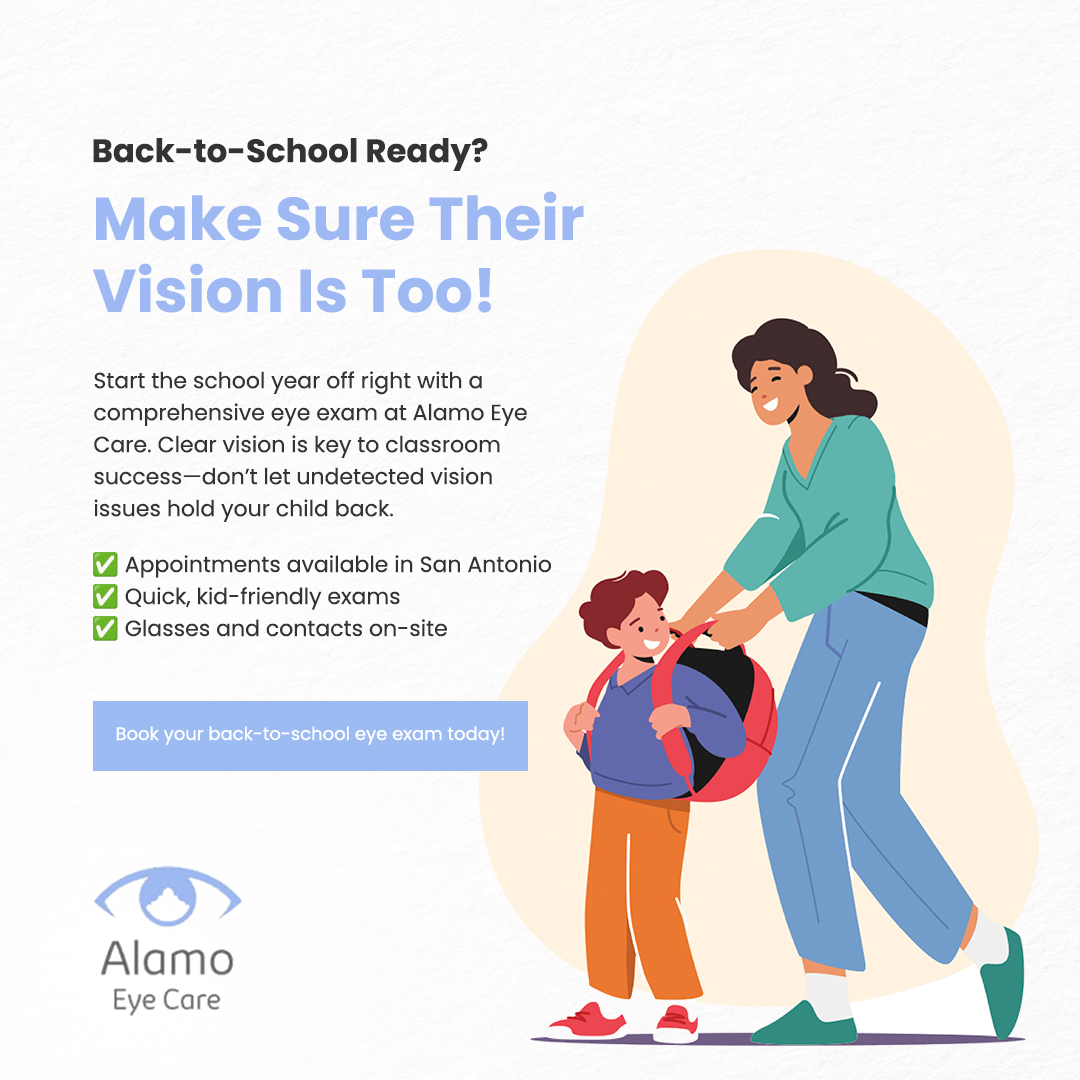
Over 10% of people in the United States live with diabetes, a chronic condition that leads to excessive amounts of glucose, or sugar, in your blood. Once you have it, virtually every aspect of your health can be impacted, including your eyes and vision.
Thankfully, an effective treatment plan can go a long way toward improving your wellness and overall quality of life.
At Alamo Eye Care in San Antonio, Texas, Dr. Melanie Frogozo, Dr. Swati Kumar and their expert team diagnose and treat diabetes-related eye conditions and lower your risk of complications.
Here, we explore why diabetes can lead to eye disease as well as helpful safeguards.
High blood sugar and eye health
When you have diabetes, high blood sugar can damage blood vessels throughout your body, including those in your eyes. Excess blood sugar can block the vessels that carry oxygen-rich blood to your retinas, causing them to bleed or leak fluid.
In an attempt to compensate, your eyes then develop new blood vessels. Unfortunately, they don’t tend to work very well. When these issues unfold, they’re known as diabetic eye disease, also known as diabetic retinopathy.
Common symptoms of diabetic eye disease include:
Blurry vision
Dark or empty vision areas
Fluctuating vision
Floating strings in your vision
Impaired color vision
Spots in your vision
You might have vision loss as well.
Risk factors for diabetic eye disease
While anyone who has diabetes can develop diabetic eye disease, several factors increase your risk. The longer you have diabetes, for example, the greater the likelihood becomes. Over half of people with diabetes develop retinopathy at some point.
Additionally, you’re at a greater risk for eye disease if you don’t take care of your diabetes needs, have high cholesterol or high blood pressure, or smoke. Being of African American, Native American, or Hispanic descent also raises your risk.
Caring for your eyes when you have diabetes
Tending to your eye health when you have diabetes can prevent or reduce the likelihood of eye problems and stave off complications of diabetic retinopathy.
If you notice signs of this disease, early diagnosis and treatment can help keep blood vessels from bursting and lower your risk of glaucoma, retinal detachment, and gradual blindness.
Smart practices for preserving your eye health include:
Eating a diabetes-friendly diet
Exercising regularly
Seeking care for eye-related symptoms promptly
Scheduling annual dilated eye exams
Staying in contact with your treatment team
To learn more about diabetes and eye disease, call Alamo Eye Care at 210-469-9744 or text us at 210-403-9050. You can also request an appointment through our website.








